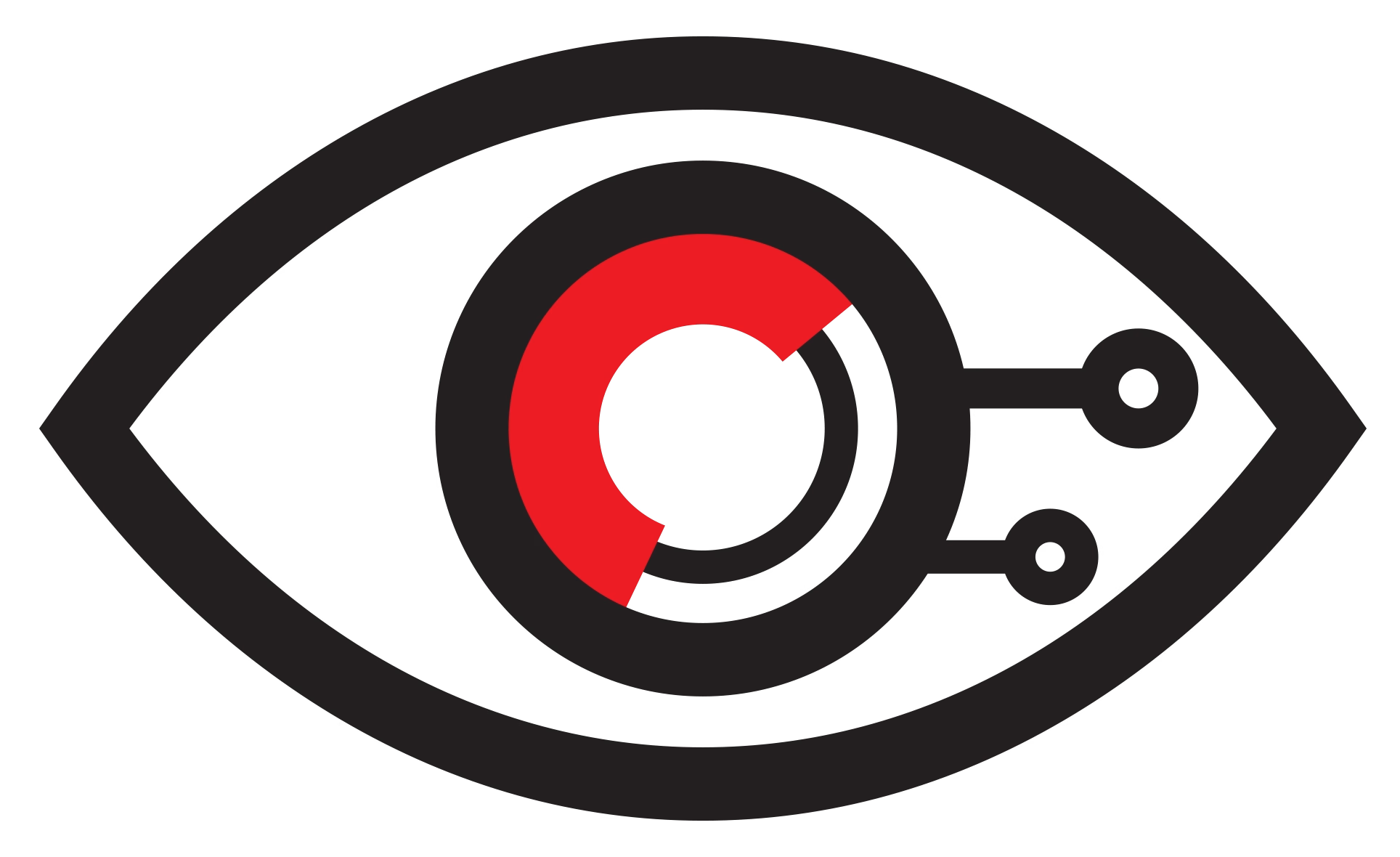Transparency and Accountability
Last Updated: October 2025
By DEBUGGER | HackAware.org
Why We Exist
HackAware.org was founded to protect the public from digital deception — from fake investment platforms and brand impersonation to social-media fraud and financial scams.
We believe that awareness, not silence, is the first line of defense.
Every investigation published on HackAware is evidence-based, created to educate ordinary people before they become victims.
Our goal is not to attack; it is to alert.
Know the Threat. Stop the Attack.
How We Work
Each HackAware report is built on verified, first-hand evidence, including:
- Screenshots of scam messages and payment pages
- Domain and WHOIS information
- Bank deposit records or transaction proofs (when available)
- Victim or witness accounts (with consent)
- Technical and behavioural analysis of fraudulent sites
- In some cases, HackAware conducts controlled investigations to understand scam operations and document how victims are deceived
All findings are reviewed for accuracy before publication.
We do not rely on assumptions or speculation.
Our investigations are guided by transparency, public interest, and responsibility — never sensationalism or fear.
Our Relationship with Brands and Institutions
HackAware recognizes that many scammers misuse trusted brand names, logos, or imagery to deceive the public.
When such impersonation occurs, we highlight the deception to protect both the brand’s integrity and the community’s safety.
In some cases, we may display a brand’s name or logo to help readers recognize the form of impersonation — but we always clarify that the scam is not connected to the actual company.
We make every effort to:
- Clearly state that the real brand is not involved in the scam.
- Add disclaimers once a company confirms official action or clarification.
- Cooperate with legitimate security or legal teams working to stop the fraud.
HackAware welcomes constructive communication and factual corrections.
However, we remain an independent awareness platform — not a corporate PR outlet.
Editorial Integrity and Evidence Policy
HackAware works for the public, not for corporate convenience.
Our publishing standards are built on evidence, transparency, and urgency — because scams spread fast, and delay costs people money.
- Evidence First: No report is published without verified proof.
- Public Interest: Articles exist to educate, not accuse.
- Corrections, Not Deletions: If new facts emerge or a brand issues a statement, the article is updated — not erased.
- Formal Legal Review: Only a licensed attorney’s written legal notice, identifying specific factual or legal errors, triggers a formal review.
We value open dialogue with organizations and law enforcement.
But HackAware will always prioritize public safety over private comfort.
Content Removal Policy
HackAware.org exists to inform and protect the public.
Our reports are based on real, verifiable evidence — not opinion — and therefore we do not remove published articles simply because they involve a brand name.
We understand that seeing your company’s name connected to a scam can be uncomfortable, but our intention is never to accuse, only to educate.
If your name or logo appears in a HackAware article, it is because scammers have used your identity to deceive others, not because you are responsible.
In such cases, we use your name and logo responsibly to help readers identify impersonation, not association.
HackAware values transparency and the right of the public to access vital information that can prevent harm.
While we welcome factual corrections and verified clarifications, requests to delete evidence-based awareness content are unethical and disappointing.
Such actions place brand reputation above community safety, which goes against the very principle of public protection.
If your name has been impersonated, we will continue to use it responsibly to raise awareness and prevent further damage.
The ethical response to impersonation is collaboration, not censorship.
Why We Publish Publicly
Scams spread faster than press releases — and laws often move slower than the criminals.
Too many victims receive little to no help once money or data is lost.
By publishing verified information quickly, HackAware prevents further losses in real time.
Our reports act as early warnings, giving people the chance to recognize and avoid traps before they fall into them.
We focus on clarity and accessibility, ensuring that anyone — regardless of technical knowledge — can understand how scams work and how to protect themselves.
HackAware fills the critical gap between corporate reaction, legal enforcement, and real-time public awareness.
Our Ethical Framework
- Accuracy over Assumption – Every statement is backed by verifiable evidence.
- Transparency over Silence – The truth should never wait for permission.
- Public Good over Private Optics – Awareness is not negotiable when lives and livelihoods are at risk.
HackAware accepts no sponsorships, advertising, or payments that could influence coverage.
We are not anti-corporate; we are pro-truth and pro-community.
For Companies, Institutions, and Law Enforcement
If you wish to contact HackAware about a published report:
📧 [email protected] or [email protected]
Include:
- The article link or case reference
- Any factual corrections or official clarifications
- Legal correspondence (if applicable) from a verified corporate or legal address
We review every message professionally and in good faith.
However, our final decision always weighs your request against the public’s right to know.
In Summary
HackAware.org does not defame brands — we defend people.
When scammers exploit trusted names, we expose that misuse with facts, fairness, and transparency.
Deleting awareness to protect comfort is not ethics — it’s negligence.
If your brand is impersonated, help us expose the deception, not hide it.
Together, truth and accountability build safer communities.
The safest community is an informed one.
Know the Threat. Stop the Attack.
— DEBUGGER, HackAware.org


